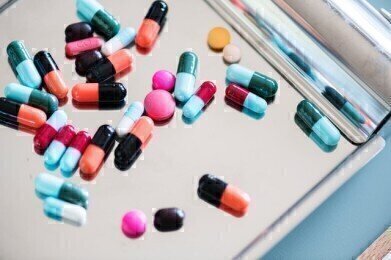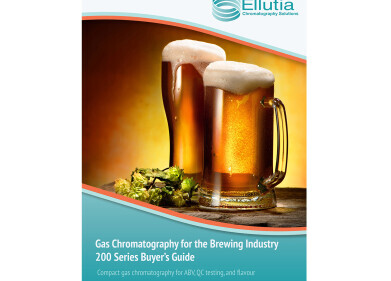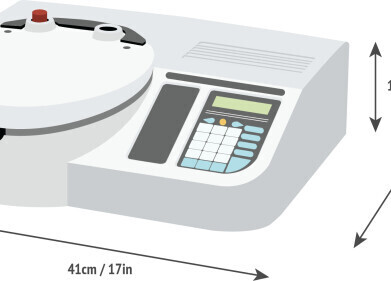Chromatography
3 Applications of Ion Chromatography
May 01 2019
The term Ion Chromatography (IC) was first introduced in 1975 and has since become an important analytical methodology applied in a diverse range of industries. The technique uses high-performance liquid chromatography (HPLC) and separates ions and polar molecules, measuring the concentrations of major anions, cations, amines, amino acids, carbohydrates and organic acids.
It is a simple, fast, convenient and efficient process - making it a popular method to analyse materials in a number of industries such as electronic, clinical, biological, pharmaceutical, chemical and food. Keep reading for more detail about 3 of these diverse and popular applications of IC…
1. Drug development
IC is a popular analysis method in the manufacturing and disposition of pharmaceutical products, as it can simultaneously examine multiple ions and their concentrations. In the pharmaceutical industry, IC can be used by technicians to characterise drug substances and each of their active ingredients.
The IC process is also useful for drug manufacturers as it allows them to understand the degradation of the product and how drugs dissolve with time. Additionally, it can be used to find any impurities within substance. Each step is vital in the creation and distribution of drugs, not only for quality but importantly for patient safety.
2. Food & beverage analysis
As IC is famed for its speed, sensitivity and accuracy, it is a useful tool in food and beverage laboratories. Used alongside a variety of safety and quality tests, IC is a vital component in the main production process – measuring contaminants in raw materials. For example, acids in coffees, fluoride in tea and propionic acids in animal feeds. IC is flexible analytical method, meaning it can be applied to a range of food and drink substances in the same chromatographic run.
3. Environmental testing
Due to the flexibility of IC, it is also used for environmental testing – specifically in water analysis, measuring pollutants and contaminants. Ensuring safe drinking water is an important environmental factor and as industrial pollutants increase, it is even more vital to understand how to test water for toxic chemicals such as cyanide. IC is therefore a great method for water analysis as it can determine the anions and cations in all types of water.
Accurate ion chromatography
IC is a convenient analytical method, which saves industries significant amounts of time. To improve the precision and reliability on larger samples, however, new calibration techniques are needed. To discover more about how coupling IC to mass spectrometry can help automatic calibration and gain more reliability, take a look at the e-learning session ‘Coupling Ion Chromatography to Mass Spectrometry - Automatic Calibration in Ion Chromatography: Save Time, Gain Reliability’
Digital Edition
Lab Asia Dec 2025
December 2025
Chromatography Articles- Cutting-edge sample preparation tools help laboratories to stay ahead of the curveMass Spectrometry & Spectroscopy Articles- Unlocking the complexity of metabolomics: Pushi...
View all digital editions
Events
Jan 21 2026 Tokyo, Japan
Jan 28 2026 Tokyo, Japan
Jan 29 2026 New Delhi, India
Feb 07 2026 Boston, MA, USA
Asia Pharma Expo/Asia Lab Expo
Feb 12 2026 Dhaka, Bangladesh



















